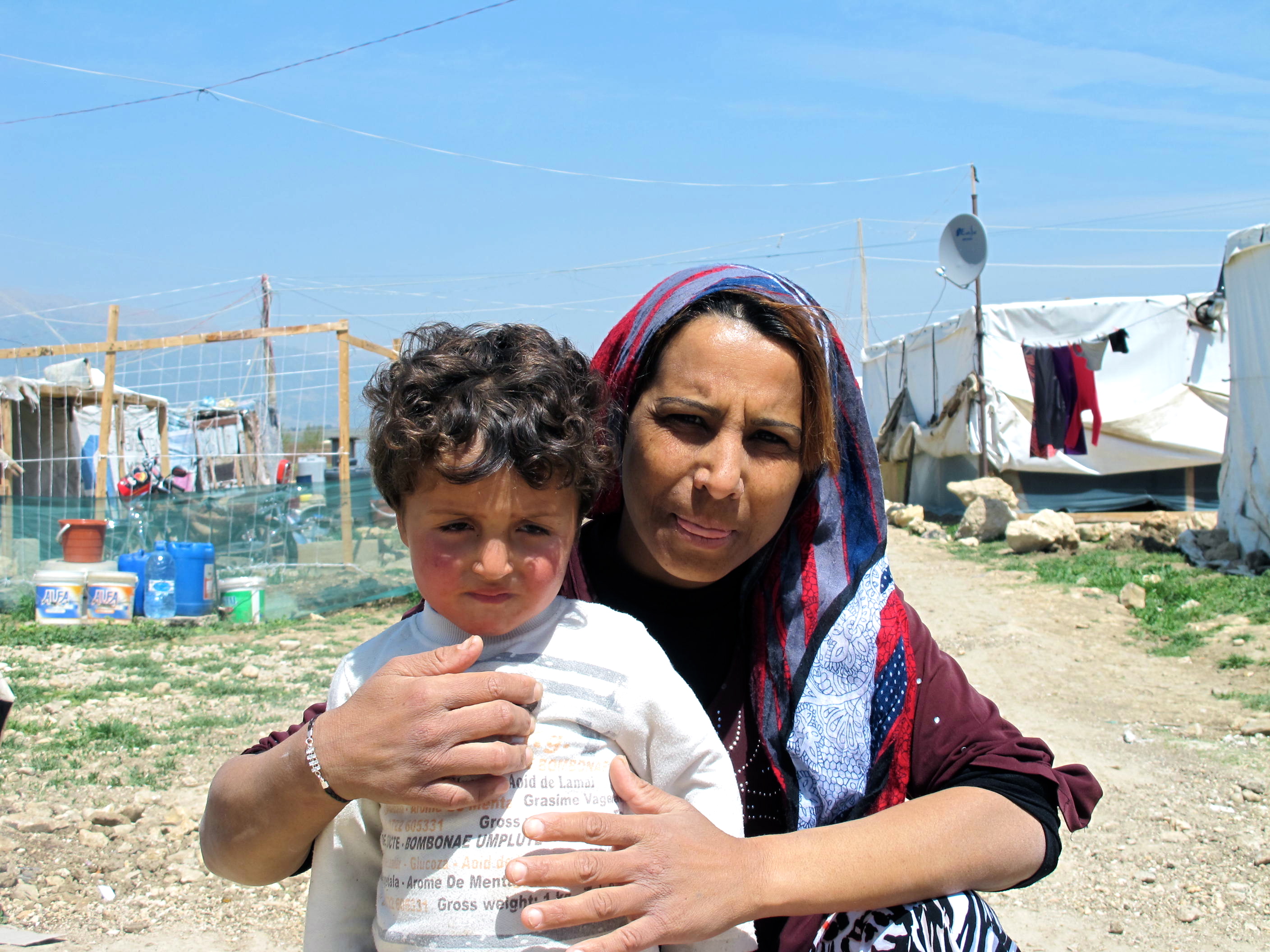Silent Crisis: the hidden threat of mental illness among Syria’s refugees

Words and pictures by Nick Rice
Losing a home is more than a spatial separation; the emotional wrench can result in severe psychological consequences. The war in Syria has killed more than 150,000 people in three years and 40 per cent of Syria’s pre-war population of 23 million have fled their homes. For the millions leaving Syria the physical practicalities initially overshadow any mental impacts. But the effects of such traumatic and life-changing events inevitably manifest.
As the war grinds into a fourth year the number of refugees that have escaped to surrounding countries steadily approaches three million. The greatest numbers have entered Lebanon. The United Nations has registered more than a million Syrian refugees in the country, with the actual figure expected to be significantly higher. Lebanon has a population of 4.5 million, around 25 per cent of which are Syrian refugees. This represents the highest per-capita concentration of refugees recorded anywhere in recent history.
Doctors of the World has operated in Lebanon since May 2012 and, working alongside local partner organisations, provides comprehensive healthcare services to Syrian refugees and vulnerable Lebanese.
As UN staff in Lebanon register 2,500 new refugees every day, Doctors of the World is helping to confront the looming spectre of widespread psychological problems with a mental health task force. Records show a high incidence of mood and emotional disorders, alongside anxiety-related complaints. Trauma-related symptoms are typical in torture survivors whilst psychosomatic disorders and serious mental health conditions are also widespread. More than half of Lebanon’s refugees, over 520,000, are children and hyperactive/aggressive behaviour is prevalent, as is bedwetting.
Unlike in Jordan, where the formally planned Zaatari camp houses approximately 120,000 people, the conditions in Lebanon are less organised.
In the town of Al Ain we saw first hand how Doctors of the World confronts the burgeoning mental health crisis. Noëlle Jouan, 33, is a clinical psychotherapist whose thoughts on the growing mental health crisis are sobering. “The deterioration of mental health in refugees will surely increase. The separation and death of many family members weigh heavy and more help will be needed. Especially for the children… they have witnessed terrible scenes”.
As she addressed a clinic full of refugees the challenges of providing support were immediately apparent. One woman shouted, “What are you talking about ‘mental health’? We have no health, neither physical or mental, only this torture”.
In a short time several woman had broken down in tears.. Most eventually shared some of their anxieties and at the session’s end there was a sense of pressure released.
The fears confided to the mental health task force range from concerns for children and future prospects through to anxiety about sexual and physical abuse. A significant proportion of refugees are women and young girls suffering from, or at risk of, sexual and gender-based violence. It’s well-documented that during periods of war and in the aftermath of armed conflict, rates of physical and sexual abuse rise dramatically. This pervasive, under-reported and frequently unpunished crime can leave a profoundly traumatic legacy. A recent UN report highlights the difficulties faced specifically by female Syrian refugees including poverty, harrassment and extreme isolation.
Using false names, Noëlle described some of her cases. “Sawsan is a 15-year-old Bedouin girl who lives apart from her family of 13. They escaped from Syria and now live in a tent. She came to the doctor and I saw many cuts on her arms. Sawsan had been attending sessions with Noëlle for two months and revealed an awful background. “Sawsan has a lot of violence in her house because she’s a girl and there is a cultural tendency to favour boys. She suffered a lot of abuse, both physical and sexual. She told me that when she hurts herself she feels better.”
Sawsan lives away from her family and is now in fear of an honour killing at the hands of her brothers. Despite these tragic circumstances Noëlle has made significant progress in improving Sawsan’s mental health. “Sometimes I do home visits with her and the last time she’d put on a little make up; for me this was a good sign of a coping mechanism.”
Noëlle has also had success with Alya, 27, and her husband. The couple were happy in Syria but since becoming refugees in Lebanon their marriage began to fall apart. Suffering from kidney stones and unable to work, the husband vented his frustration on his wife and children. “Alya was referred to me because she attempted suicide with an overdose of medication. The problems started because they can’t work and have no money. Alya suffered a lot when she saw her children crying from hunger. The violence started because her husband had no pain relief and he’d get angry. He expressed his pain by beating his family. So I saw Alya many times to work on her suicidal thoughts.”
The consultations, provided without charge by Doctors of the World, are making a difference and the violence has now ceased. “One month ago her husband suddenly came with her to the centre. He broke down with guilt during our consultation. Now I work with them together and he behaves differently with his family. Alya told me she loved him again and could forgive him.”
These examples provide just a glimpse of this crisis. Medical teams on the ground constantly witness incidences of rape and domestic abuse. A normal number of one-to-one patients for a psychotherapist would be around 30 per week; Noëlle has more than 450 patients on her books.
While Western political and diplomatic efforts fail to make progress and the barbarity of the war shows no sign of abating, it is courageous individuals like Noëlle that remain on the frontline of this tragedy, risking their safety to ease the suffering of this embattled diaspora.